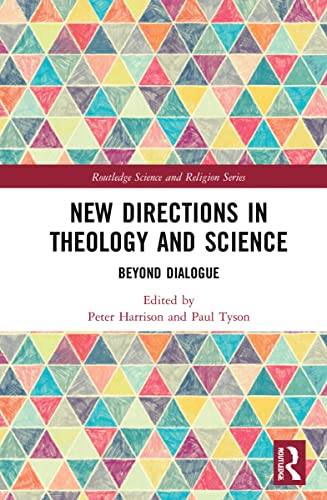

Most ebook files are in PDF format, so you can easily read them using various software such as Foxit Reader or directly on the Google Chrome browser.
Some ebook files are released by publishers in other formats such as .awz, .mobi, .epub, .fb2, etc. You may need to install specific software to read these formats on mobile/PC, such as Calibre.
Please read the tutorial at this link. https://ebooknice.com/page/post?id=faq
We offer FREE conversion to the popular formats you request; however, this may take some time. Therefore, right after payment, please email us, and we will try to provide the service as quickly as possible.
For some exceptional file formats or broken links (if any), please refrain from opening any disputes. Instead, email us first, and we will try to assist within a maximum of 6 hours.
EbookNice Team

Status:
Available4.5
38 reviewsThe Book is inclomplete- It misses some pages blanked by the publisher.
This book sets out a new agenda for science-theology interactions and offers examples of what that agenda might look like when implemented. It explores, in innovative ways, what follows for science-theology discussions from recent developments in the history of science. The contributions take seriously the historically conditioned nature of the categories ‘science’ and ‘religion’ and consider the ways in which these categories are reinforced in the public sphere. Reflecting on the balance of power between theology and the sciences, the authors demonstrate a commitment to moving beyond traditional models of one-sided dialogue and seek to give theology a more active role in determining the interdisciplinary agenda.